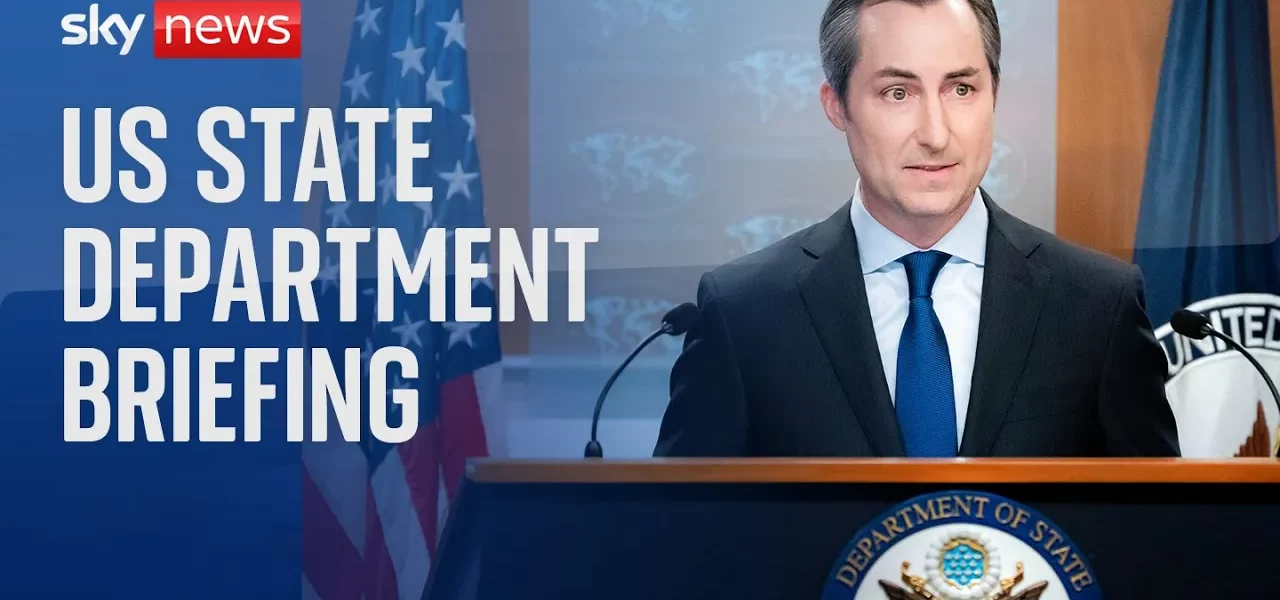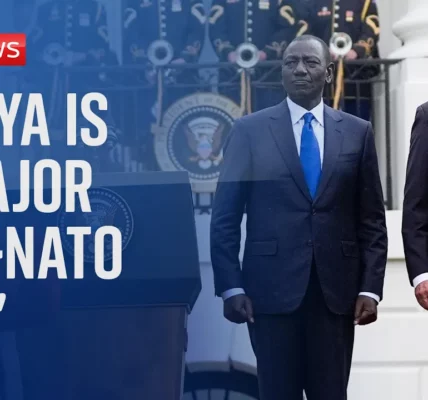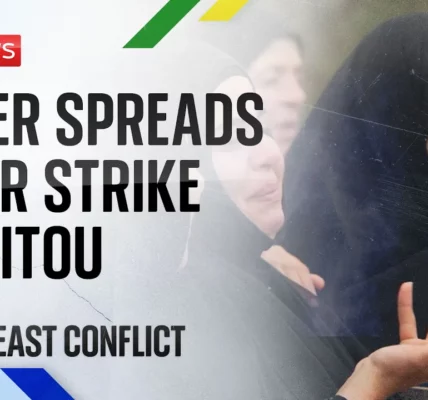US-Israel Relations and Middle East Conflict Analysis

This article provides a comprehensive overview of the recent developments in US-Israel relations, the implications of Iran’s nuclear capabilities, and the ongoing conflicts in Gaza and Lebanon. We delve into the diplomatic and military strategies employed by the Biden administration and their impact on regional stability.
Introduction
The relationship between the United States and Israel has always been a cornerstone of U.S. foreign policy in the Middle East. Recent escalations, particularly involving Iran’s nuclear program and conflicts with Hamas and Hezbollah, have raised questions about the future of this alliance. President Biden’s administration has had to navigate these complex geopolitical waters, balancing military support for Israel while promoting diplomatic solutions to ongoing conflicts. This article explores the key issues at play, including potential military actions, sanctions against Iran, and the humanitarian situation in Gaza.
US Stance on Iran’s Nuclear Sites
President Biden has made it clear that the U.S. does not support military attacks on Iran’s nuclear sites, emphasizing the need for a diplomatic approach. This stance raises questions about what constitutes a “red line” for the U.S. and how Israel perceives American support in its military strategies.
Red Lines and Military Strategy
The U.S. has indicated that while it recognizes Israel’s right to defend itself, it aims to prevent actions that could lead to broader regional conflict. This has created a delicate balance where Israel must consider American sentiments while pursuing its national security interests.
Israeli Sovereignty in Decision-Making
Israel, as a sovereign nation, has made operational decisions independently, often leading to successful military engagements. However, the U.S. continues to engage in discussions regarding these decisions, aiming for a cooperative approach.
The Humanitarian Situation in Gaza
The conflict in Gaza has intensified, leading to a complex humanitarian crisis. The U.S. has been involved in mediating ceasefire discussions, yet Hamas has often refused to engage in negotiations, complicating efforts to reach a sustainable resolution.
Ceasefire Prospects
Efforts to establish a ceasefire have been stymied by Hamas’s refusal to participate in discussions. The U.S., alongside mediators like Egypt and Qatar, has attempted to propose solutions, but the lack of engagement from Hamas continues to be a significant hurdle.
Military Operations and Humanitarian Access
Israeli military operations in Gaza have been ongoing, with a focus on reducing Hamas’s capabilities. However, this has resulted in significant civilian casualties, prompting the U.S. to call for measures that minimize harm to non-combatants.
- Increased humanitarian access is essential for civilians in Gaza.
- The U.S. advocates for a balanced approach that respects Israel’s right to self-defense while ensuring humanitarian needs are met.
Lebanon and the Role of Hezbollah
Lebanon remains a volatile region, with Hezbollah’s actions increasingly influencing the situation. The U.S. has expressed concerns over Hezbollah’s military operations and their implications for regional stability.
U.S. Response to Hezbollah’s Actions
The Biden administration has been vocal about its support for Israel in its responses to Hezbollah. However, there is a clear need for diplomatic solutions to prevent escalation into a broader conflict.
The Impact on American Citizens
The U.S. government is actively working to assist American citizens in Lebanon, facilitating their safe departure amidst rising tensions. Approximately 7,000 individuals have registered for assistance, highlighting the urgency of the situation.
- Identification of available commercial flights for evacuations.
- Coordination with international partners to ensure safe passage.
- Continuous monitoring of the security situation to adapt responses accordingly.
Conclusion
In summary, the U.S. faces significant challenges in navigating the complexities of Middle Eastern geopolitics. As tensions rise between Israel and its neighbors, particularly Iran and Hezbollah, the Biden administration must balance military support with diplomatic efforts to prevent further conflict. The humanitarian situation in Gaza and Lebanon requires urgent attention, and the U.S. remains committed to facilitating aid and promoting dialogue.
For further information on U.S. foreign policy and Middle Eastern relations, explore our related articles on U.S. Foreign Policy Strategies and Efforts for Peace in the Middle East.
“`




